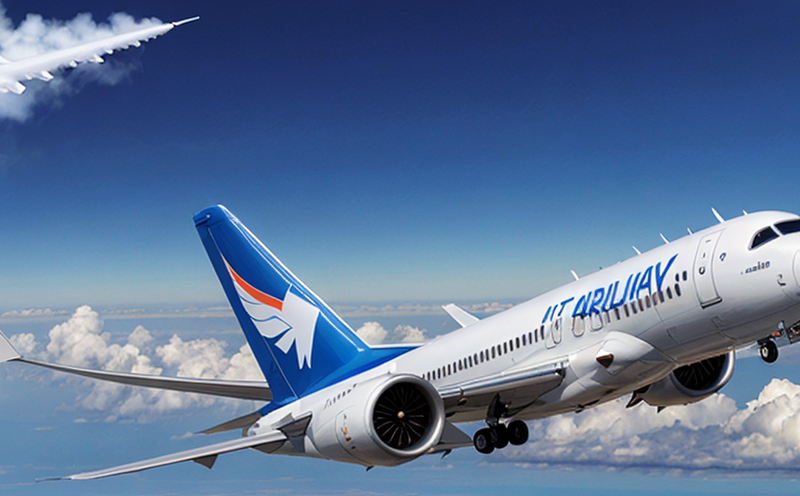FAA TSO-C127 Mode S Transponder Software Verification
The FAA TSO-C127 standard is a critical regulatory framework that ensures the safety and reliability of avionics equipment, including the Mode S transponder. This service focuses on verifying software compliance with this standard to ensure it meets all required specifications before being installed in aircraft. The process involves rigorous testing methodologies designed to identify potential issues early in development.
The FAA TSO-C127 standard mandates that any software used in avionics equipment undergoes thorough validation and verification processes. These tests are essential for ensuring the software operates correctly under all expected conditions, which is particularly crucial for safety-critical systems like Mode S transponders. Compliance with this standard not only ensures regulatory compliance but also enhances public trust and confidence in the aviation industry.
Mode S transponders play a vital role in air traffic management by providing essential data to air traffic control (ATC) and other aircraft. They are responsible for transmitting information such as aircraft identification, altitude, speed, and heading. Given their critical nature, any software flaw could have severe consequences, ranging from minor delays to potentially life-threatening situations.
The verification process includes several key steps: initial review of the software design documentation; static analysis using industry-standard tools like MISRA C/C++ and SPARK Ada; dynamic testing through simulated environments replicating real-world flight scenarios; and finally, system-level integration tests ensuring all components interact correctly. Each step is meticulously documented to provide a comprehensive record of the verification process.
One of the most significant challenges in this area is maintaining accuracy while dealing with complex, safety-critical systems. Our team employs state-of-the-art tools and methodologies to address these challenges effectively. By leveraging advanced software validation techniques such as formal methods and model-based testing, we ensure that even the smallest discrepancies are identified early in development.
Another crucial aspect of our service is ensuring traceability throughout the verification process. Every test case is linked directly back to specific requirements specified in the software design documentation, providing clear evidence of compliance with FAA TSO-C127 standards. This approach ensures that any deviations are easily identified and addressed promptly.
Our expertise extends beyond mere compliance; we also focus on optimizing performance without compromising safety or reliability. By balancing these factors carefully, we help our clients achieve their goals efficiently while maintaining the highest standards of quality.
Environmental and Sustainability Contributions
- By ensuring safe and reliable operation of aircraft avionics, this service contributes to reducing the risk of accidents, which in turn helps lower environmental impact due to fewer emergency landings or aborted flights.
- The accurate transmission of flight data via Mode S transponders enables more efficient air traffic management, leading to reduced fuel consumption and emissions from idle aircraft waiting for clearance.
Benefits
Ensuring compliance with FAA TSO-C127 standards through rigorous software verification offers numerous advantages:
- Avoidance of Regulatory Penalties: Non-compliance can result in significant financial penalties and reputational damage. By ensuring full compliance upfront, our service helps prevent these issues.
- Enhanced Safety: The verification process identifies potential hazards early, reducing the risk of accidents or malfunctions during critical operations.
- Promotes Trust: Compliance with international standards like FAA TSO-C127 builds trust among customers and stakeholders, enhancing overall market position.
- Cost Efficiency: Early detection of issues through comprehensive verification reduces costly rework later in development cycles or after certification.
Industry Applications
This service is particularly relevant for aerospace manufacturers, airlines, and other entities involved in the design and production of avionics equipment. It ensures that all software components within these systems meet stringent safety and performance criteria set forth by regulatory bodies.
The application extends not only to new product introductions but also to ongoing maintenance programs where updates or modifications may be necessary. Regular verification helps maintain consistent quality levels across the entire lifecycle of avionics products.





